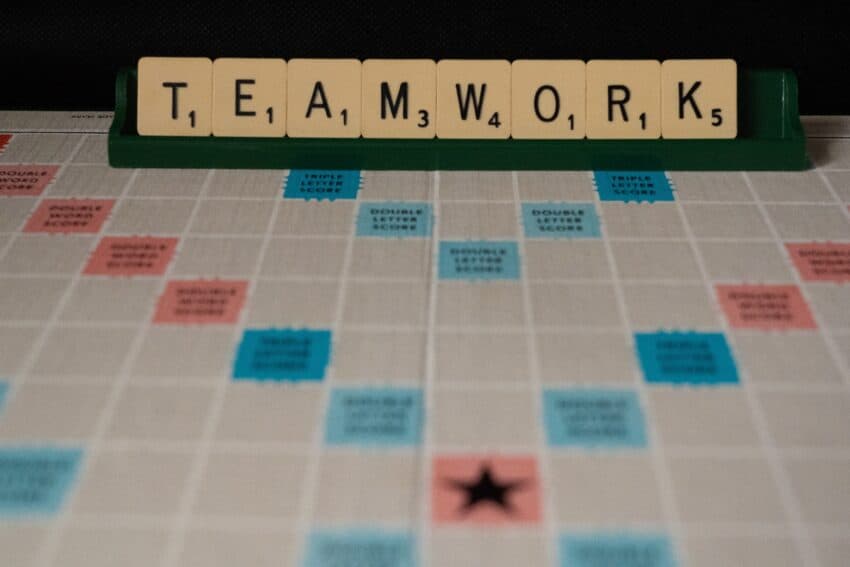The Michigan Psychodrama Center is proud to announce that the founding members, Dr. Elizabeth Corby, and Patrick Barone, have been nominated for the American Society of Group Psychodrama and Psychotherapy’s (ASGPP) Collaborator’s Award.
The Collaborator’s Award is presented by the ASGPP to members whose work, over time , has contributed in a unique and significant way to the learning and practice of psychodrama, sociometry, and/or group psychotherapy, and whose modeling of such co-creation deserves to be recognized of their peers. Earning the award requires a nomination followed by a successful election by members of the ASGPP.
The two of them began their collaborative work when they formed the Michigan Psychodrama Center in 2015. Since the beginning, the MPC has offered a variety of topic-specific workshops geared toward personal work and deep trauma as well as training trial lawyers how to incorporate various psychodrama interventions and modalities into their work.
Examples of prior workshops includes “the psychodramatic exploration of the Karpman drama triangle,” “giving back shame,” “co-dependance” and “the union of psychodrama with cognitive behavioral therapy,” “the hero’s journey in law” and “intro to psychodrama for lawyers.” In preparing for, collaborating on, and facilitating these workshops, Elizabeth utilizes her several decades of clinical practice experience combined with a wide breadth of academic training, while Patrick Barone utilizes his trial skills expertise gleaned from a more than 30-year career as a successful criminal defense trial lawyer with the Barone Defense Firm.
Both Patrick and Elizabeth have achieved TEP (trainer, educator, practitioner) certification with the American Board of Examiners in Psychodrama, Sociometry and Group Psychotherapy. Consequently, when co-leading these workshops, participants have the opportunity, as protagonists, to select their director, and the two of them share the other group activities, sociometry and warm-ups. More recently Patrick and Elizabeth have learned to co-direct the protagonist in a seamless way that helps deepen the protagonist’s experience. Also, certified as TEPs, participants earn psychodrama training hours that can be utilized for later certification by participants should they wish to do so.
Since 2015, the MPC has also offered numerous Bibliodrama workshops, and they also co-lead a psychodrama student training group and a bi-weekly psychodrama therapy group. Their community outreach has included offering one-day workshops to other therapy group practices otherwise unfamiliar with psychodrama, various faith communities interested in a new way to explore the Bible and students at the University of Michigan medical school wishing to learn how to utilize psychodrama techniques to improve their empathy and connection with their patients. They have also trained several of Michigan’s criminal defense lawyers in how to use utilized psychodrama in preparing and presenting their cases in the courtroom, thereby increasing their efficacy in bringing justice to their clients.
Patrick Barone has been a psychodramatist and trainer in the field who has trained closely with the developer of Bibliodrama, Dr. Peter Pitzele. When leading Bibliodrama workshops, Patrick has proven to be especially adept at developing role moments and echoing the experiences by the participants to deepen the connections to characters in the stories chosen for the Bibliodrama exploration. His wife and partner, Elizabeth also a psychodramatist and trainer, co-facilitates the Bibliodrama experience closely with Patrick. Her strength is her ability to listen to group dynamics and assist group members in the Bibliodrama to warm up and work through their connection to the story through a piece of work as a protagonist. Together the two of them have focused on the “mirror” part of Bibliodrama and have expanded the use of the archetypal stories as a warm-up to psychodramatic personal work.
Peter Pitzele originally referred to “Bibliodrama” as the psychodrama of the Bible. Utilizing this theory, the rational underlying their work is that the Hebrew and Christian Bibles are full of archetypical characters and consequently as these characters’ stories are explored Bibliodramatically, participants naturally explore their own stories (referred to as the “mirror”), and to do so at somewhat of a distance, thereby helping to break through any resistance that might exist. When Patrick and Elizabeth work together, workshop participants inevitably learn how the archetypes and traumas of the timeless characters of the ancient texts help elucidate and warm us up to our own stories and traumas. This Bibliodramatic warm up then easily segues into the sociometric selection of a protagonist thereby encouraging individual and group spontaneity, action insight and catharsis. Together, utilizing this approach, Patrick and Elizabeth have developed a unique and unified model that deepens the work of both psychodrama and Bibliodrama.

